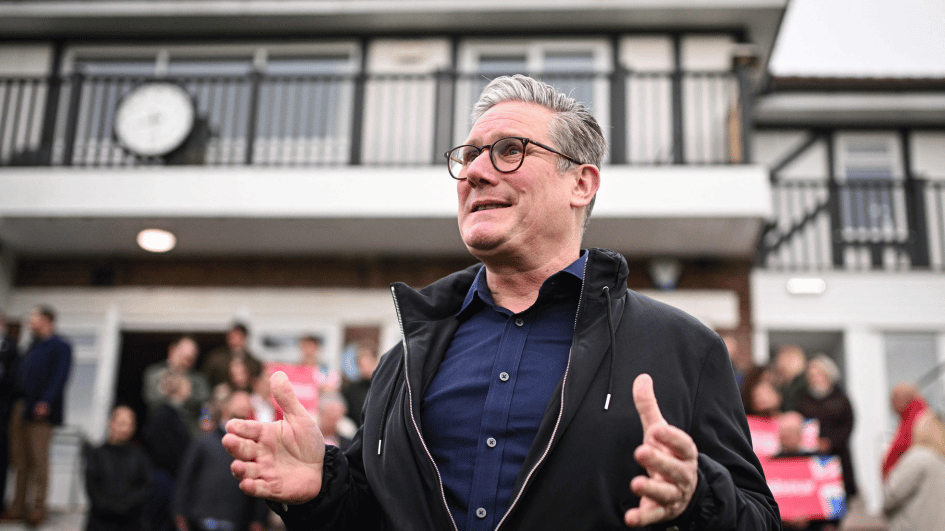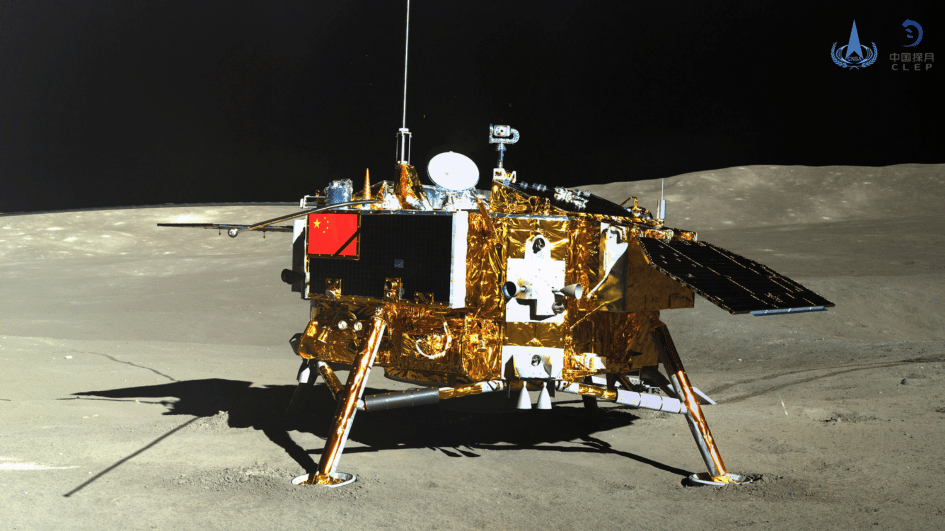‘Paid’ does not solve the real problem of military service
Finally, it’s over. We have come to the end of a journey we have been enduring for years.
The chapter on paid exemption from military service has been closed, an issue that stemmed from irregularities of the military service issue. We have been discussing it for years. Each time, the political power demanded it, the General Staff objected and the same debate started all over again.
The Justice and Development Party (AKP) managed to stop this course and solved the issue “for now.”
I have used the term “for now” in particular because the real problem is still valid. You will see, after a while, the same debate will restart, maybe in different forms.
The reason for this is compulsory military service.
Today, there are three to four different systems of serving. There are different applications. They all start with: “Military service is a national duty.” Recent arrangements introduced according to each segment’s needs create confusion. You will see, in this course of events, soon we will be again discussing the professional army because it is the compulsory service that causes the uneasiness. The Turkish public is going through a change. In accordance with this change, military service has to be reviewed.
The way to this is a professional army.
Christian minority prolongs Assad’s power
Turkey is seen as the country to change government in Syria by the international public. However much we reject this role, this tag nevertheless has been glued to us. We are seen as if we are responsible. Also Ankara has adopted the tag. It is gearing up its efforts to topple Bashar al-Assad as soon as possible. The president, prime minister and even the foreign minister issue harsh statements almost every day. They drag their old friend through the mud. Hitting Assad has become a daily exercise. Foreign policies are explained, trying to be justified, sanctions are mentioned and military scenarios are being discussed.
However, there is no movement in the Assad power. Neither is there a drop in its public support. Despite all efforts, the Syrian regime remains standing. It neither pays attention to the decisions of the Arab League nor trips over salvos coming from Ankara.
Nowadays, when you ask Turkey’s foreign policy strategists: “You have been working to topple Assad for months. When do you assume he will leave power?” you always receive the same answer: “We were expecting it to fall earlier, but the government powers have clamped together. Our new estimate ranges between six months to two years.”
Well, what has happened to make the Assad regime so resilient? The latest information reveals a very interesting situation.
The biggest support to Syria comes from Iran. It provides daily and concrete support. Russia’s and China’s political support for the Damascus administration in the U.N. Security Council is also extremely important.
The most important factor that slows down, even postpones, international pressures stems from the 2.5 million person Christian minority that makes up 10 percent of the population. The biggest fear of this group is that extreme Islamists will come to power after Assad and disrupt all the comfort enjoyed by the Christian segment. For this reason, they fiercely support the Baath Party and the power structure. This too eases Assad’s life and increases his resistance.
This stance of the Christian minority affects Europe and the United States. For this reason, the shyness of the West continues, which Prime Minister Erdoğan frequently complains about. The Christian world cannot increase its pressure because they cannot predict the after-Assad era. Similarly, Israel is also shy. Washington has thrown the ball into Turkey’s court.
This situation bothers Ankara. It warns the opposition and points to the dangers after Assad. The opposing powers have not reached a definite decision yet.
These are the most important elements that complicate Ankara’s business.










